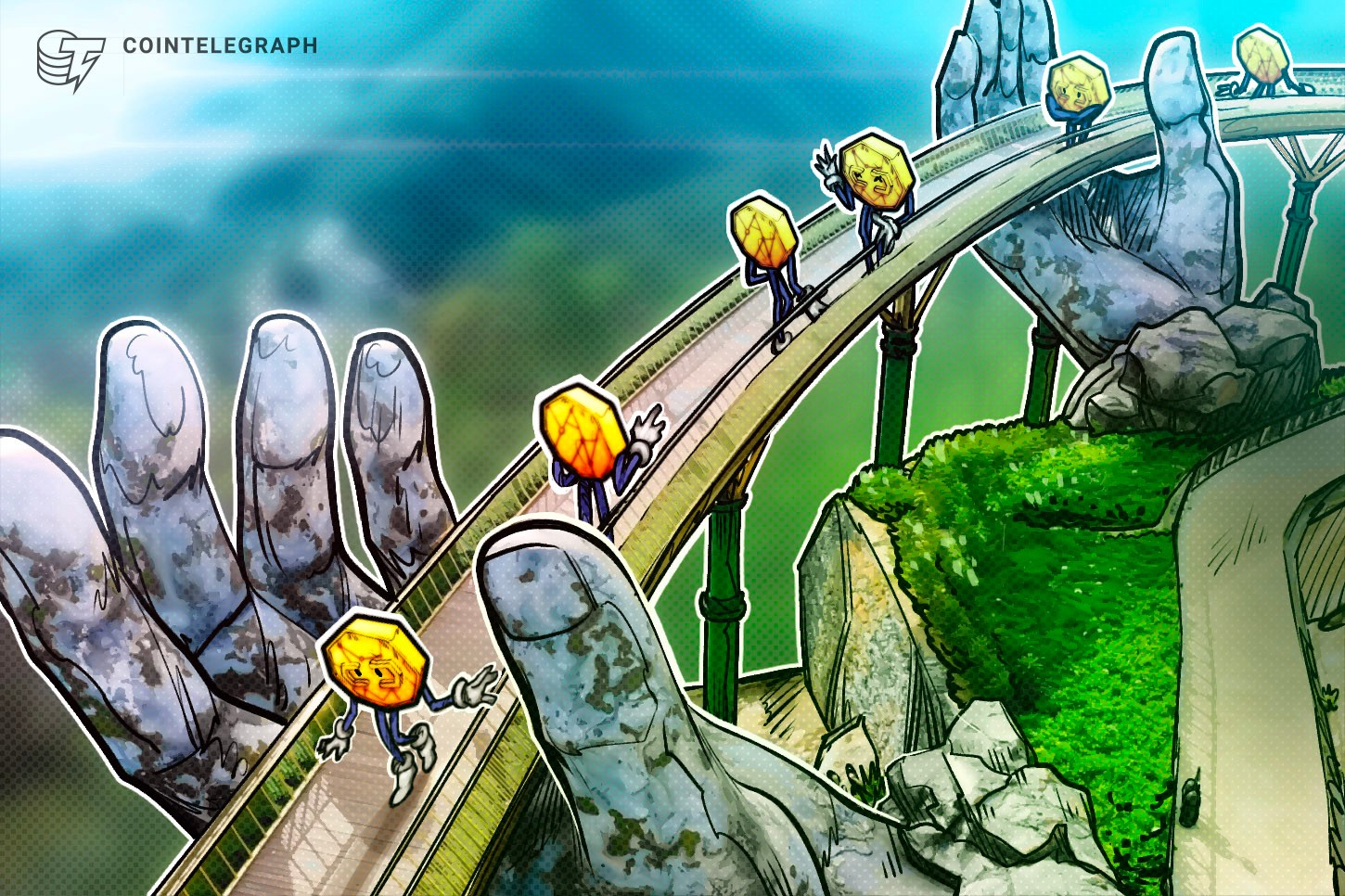The State Bank of Vietnam, the country’s central bank, anticipates credit growth of about 20% in 2025, a move that could see liquidity flow into global crypto markets amid rising adoption in the region.
Pham Thanh Ha, deputy governor of the central bank, said Friday that interest rates need to be slashed further to encourage economic growth and mitigate the uncertainty from US-imposed tariffs, according to Reuters.
Vietnam’s government legalized cryptocurrencies in June as part of broader technology regulation, which categorized cryptocurrencies as either virtual assets representing real-world tokenized products or crypto assets like Bitcoin (BTC) and Ether (ETH).
However, the government placed a prohibition on issuing onchain fiat-backed assets, including stablecoins and securities, under the new crypto regulation and its ongoing 5-year sandbox pilot program, which kicked off in September.
Vietnam is positioned to become a regional hub for crypto in Southeast Asia due to the government’s focus on emerging technologies, a relatively young population, and robust crypto adoption, ranking number four on Chainalysis’ 2025 Global Crypto Adoption Index.
Related: Why we Bitcoin — Vietnam closes 86M bank accounts that fail biometrics
Asia-Pacific region leads in crypto adoption
The Asia-Pacific (APAC) region is the fastest-growing region for crypto adoption, according to Chainalysis, with nine of the top 20 countries on its Global Crypto Adoption Index coming from the region.
APAC experienced 69% year-over-year growth in crypto value received as transaction volumes surged from $1.4 trillion to over $2.3 trillion in 2025, led by adoption in India, Pakistan, and Vietnam, Chainalysis’ data showed.
Vietnam’s government deployed a national blockchain database for identification and public records in July, to serve as the regulated foundation for interacting with the digital economy, onchain platforms, and internet applications.
The national blockchain, dubbed NDAChain, is a layer-1 network with 49 nodes governed by private-public partnerships.
NDAChain aims to make sensitive personal data, which is normally stored on centralized servers, more secure against cyberattacks by distributing data across a partially decentralized system.
The system relies on a blend of decentralized and permissioned systems, according to Nguyen Huy, the head of technology for Vietnam’s National Data Association (NDA), which oversees NDAchain.
Magazine: Finally blast into space with Justin Sun, Vietnam’s new national blockchain: Asia Express


